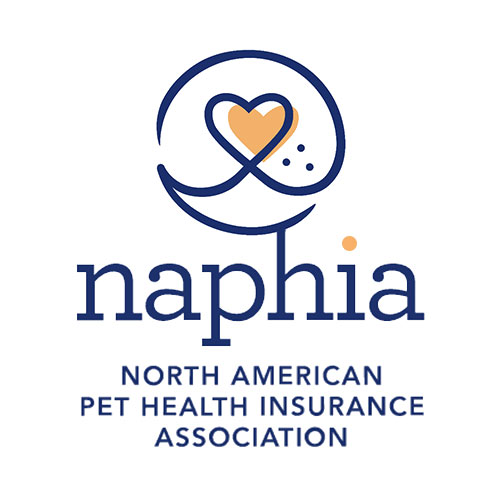Washington, D.C. (March 14, 2019) — March 14, 2019– The Human Animal Bond Research Institute (HABRI), the Children’s Hospital Colorado and the University of Colorado Anschutz Medical Campus today announced the publication of a pilot study exploring the benefits of animal-assisted activities (AAA) for psychiatrically hospitalized youth with autism spectrum disorder (ASD).
“Individuals with autism spectrum disorder have difficulties with communication and socialization skills, and often experience difficulties with emotion dysregulation, which can lead to more intensive intervention services such as psychiatric hospitalization,” said researcher and lead author, Monique Germone, PhD, BCBA, University of Colorado, Children’s Hospital Colorado. “Psychiatric hospital environments can be particularly overwhelming and stressful environments for individuals with ASD, and animal-assisted activity is one of the most widely used complementary forms of treatment in hospital settings. We chose to build on existing science that shows children with ASD demonstrate significantly more positive social-communication behaviors when an animal is present.”
Dr. Germone, along with study’s principal investigator Robin Gabriels, PsyD, professor of psychiatry at the University of Colorado School of Medicine recruited participants ages 4-17 years old from the inpatient and partial hospitalization unit of a specialized psychiatric unit for pediatric patients with ASD. A crossover study design, participants attended both the experimental (AAA) and control (novel toy) conditions. Both group sessions occurred in a classroom setting and began with quiet play, followed by social skills group and then participants engaging in either the experimental or control condition. The 10-minute experimental sessions included therapy dog-handler teams. The researchers captured behavioral data via video and used the OHAIRE coding system designed to quantify social communication, and interactions with animals and control objects. Categories of social and communication behaviors were coded, including talking, gesturing, looking, touching, showing affection and being prosocial.
“Results of our study suggest that animal-assisted activities with a dog may promote social-communication behaviors in psychiatrically hospitalized youth with autism spectrum disorder,” added Dr, Gabriels. “This study supports previous findings that show the benefits of incorporating therapy dogs to improve social-communication behaviors that can then facilitate treatment engagement for children with ASD.”
Significant differences were observed between the AAA experimental and control conditions with respect to the participants’ interactions with the dog versus the toy. Specifically, results from this study revealed that participants displayed more social and communication behaviors of talking, use of gestures, and socially directed eye gaze when engaged in the AAA experimental condition. Also, when participants were engaged in the AAA experimental condition, they displayed a higher rate of positive facial expressions, such as smiling and laughing, and twice the number of positive vocalizations (e.g. “this is fun”) compared to the toy control condition.
“The results of this pilot research will help pave the way for the increased deployment of dogs and other animals in the therapeutic treatment of children with autism and other developmental disorders,” said HABRI Executive Director, Steven Feldman. “HABRI is proud to support this important research on the positive impacts of the human-animal bond in the treatment and care of children with autism.”
Research Citation:
Germone, Monique M., et al. “Animal-assisted activity improves social behaviors in psychiatrically hospitalized youth with autism.” Autism (2019): 1362361319827411.
About HABRI
HABRI is a not-for-profit organization that maintains the world’s largest online library of human-animal bond research and information; funds innovative research projects to scientifically document the health benefits of companion animals; and informs the public about human-animal bond research and the beneficial role of companion animals in society. For more information, please visit www.habri.org.
About Children’s Hospital Colorado
Children’s Colorado is a leading pediatric network 100 percent dedicated to the health and well-being of children, adolescents and young adults. Consistently acknowledged as one of the nation’s top pediatric hospitals by U.S. News & World Report, Children’s Colorado is recognized nationally and internationally for its medical, research, education and advocacy programs. It is at the forefront of research in childhood disease and pioneering treatments that are shaping the future of pediatrics, as well as offering everyday care for kids throughout Colorado and surrounding states. Founded in 1908, Children’s Colorado offers a full spectrum of family-centered care at its urgent, emergency and specialty care locations throughout Metro Denver and Southern Colorado, including its location on the Anschutz Medical Campus. For more information, visit www.childrenscolorado.org or connect with us on Facebook, Twitter and Pinterest.
###
Contact
Jamie Baxter
jamie@theimpetusagency.com
775.322.4022
###





